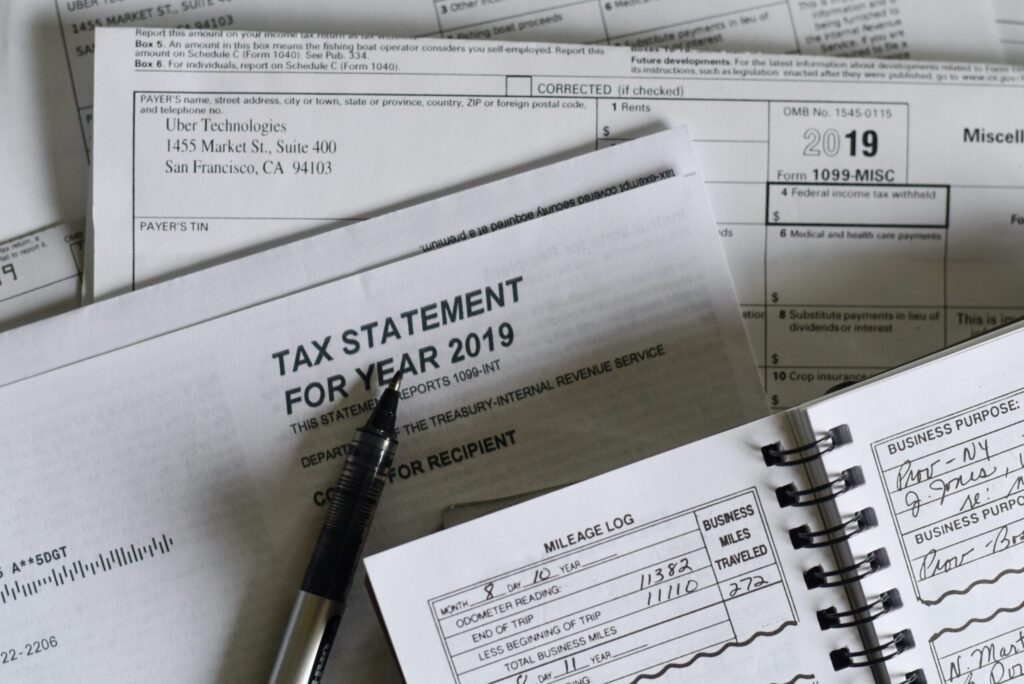If you are researching a bankruptcy versus debt management plan, it is likely that you are struggling with unmanageable debt and looking for a form of debt relief. Thankfully, in Canada there are a number of different forms of debt relief to choose from. Every individual’s financial situation is different, and therefore everybody will suit a different form of debt relief. In this article, we explore the differences between bankruptcy versus debt management plan, and share which may be most suitable for different circumstances. At Spergel, our experienced Licensed Insolvency Trustees have helped over 100,000 Canadians gain debt relief and are excellently equipped to advise individuals on the most appropriate pathway to debt relief for them.
What is bankruptcy?
Bankruptcy is the legal process of assigning any non-exempt assets you may have over to your Licensed Insolvency Trustee in exchange for clearance of your unsecured debts. It offers you the opportunity to begin a fresh financial future. Filing bankruptcy protects you from your creditors via a stay of proceedings, meaning that they can no longer pursue collection calls, or legal action like a wage garnishment or freezing your bank account. Although it is a common misconception that you lose all of your assets when you file bankruptcy, this is not always the case. In fact, each province has its own list of bankruptcy exemptions. See, for example, Ontario bankruptcy exemptions. While bankruptcy can seem like a scary process, at Spergel our experienced Licensed Insolvency Trustees are here to walk you through the entire bankruptcy process, from beginning to end. Unlike other bankruptcy firms, you will be assigned your own Licensed Insolvency Trustee instead of being passed from person to person. Our experienced Licensed Insolvency Trustees handle bankruptcy with compassion and expertise, and have been helping Canadians gain debt relief for over thirty years.
What are the advantages of filing bankruptcy?
Bankruptcy has a number of advantages:
- Freedom from the stresses of overwhelming debt
- A fresh financial future
- Protection from your creditors, via a stay of proceedings
- Discharge from bankruptcy within nine to twenty months in most scenarios
- A cost that is not associated with the amount of debt you owe, allowing it to be considered the cheapest form of debt relief
What are the disadvantages of filing bankruptcy?
Although it will clear your unsecured debts and allow a fresh financial future, bankruptcy does have some disadvantages:
- The cost of bankruptcy, which is dependent on your income and assets
- The loss of non-exempt assets. At Spergel, we will help you to retain whatever you can when filing bankruptcy
- An impact on your credit score. Bankruptcy will remain on your credit report for six years following your discharge
- Carrying out bankruptcy obligations. In order to become discharged from bankruptcy, you need to fulfil a number of duties, including attending credit counselling sessions and reporting back information on your tax.
- Not all debts are covered, including secured debts, alimony, child support, and some student loan debts
- Some job roles will be impacted, including company directors or financial roles
What is a debt management plan?
A debt management plan is a form of debt relief designed to aid Canadians in paying off debt. Often filed by a credit counselling company, it is the process of consolidating your debt into a manageable payment plan in a way that minimizes the amount of interest you pay, or eliminating it completely. A credit counsellor will work with you to find an affordable monthly payment for you. They will then work with your creditors on your behalf to reduce or clear completely the interest rates you owe on your outstanding debt. Once a debt management plan is agreed with your creditors, you then make a single monthly payment to your credit counsellor, who will distribute this to your creditors accordingly. Once your debts are paid in full, you complete your debt management plan and you can begin a fresh financial future, free from debt. Most forms of unsecured debt can be included in a debt management plan, including credit card debt, unsecured personal loans, and lines of credit. While debt management plans have fees including a one-time setup fee and a monthly administration fee, the cost is generally low compared to other forms of debt relief.
What are the advantages of a debt management plan?
Debt management plans have a number of advantages:
- Most often offering savings or clearing interest charges
- Making your debt repayments quicker and more manageable
- Reducing your monthly payments
- Allowing you to become debt free in 30-60 payments on average
- Simplifying your debt payments into a single affordable monthly payment
- You do not have a permanent public record, as with filing bankruptcy
- You protect your assets from being sold to repay your debts, as with filing bankruptcy
What are the disadvantages of a debt management plan?
There are also some downsides to a debt management plan to note:
- They are noted on your credit report for two years from completion of the plan
- You are not able to use the credit cards you enroll in the debt management plan
- Your credit cards will be closed once they have been paid off
Bankruptcy vs debt management plan – which is right for me?
As with all forms of debt relief, both debt management plans and bankruptcy are not for everybody. Firstly, if you are able to pay off your debt without support, you should aim to do so. This will help you to avoid any of the negative consequences of filing a form of debt relief, including impact on your credit report. If, on the other hand, you feel that you need some support, simplification of your payments, and could use a reduction or elimination in your interest charges, a debt management plan may be for you. If you feel that you do not have the ability to make monthly payments or are currently unemployed, a debt management plan is unlikely to work for you. Debt management plans are designed for Canadians who are struggling to get out of debt single handedly, but who are determined to pay off what they owe. If this does not fit your circumstances, bankruptcy may be a better option. It will eliminate your unsecured debt entirely, helping you to begin a fresh financial future. Your first port of call should be to book a free consultation with a Licensed Insolvency Trustee. They will review your financial circumstances and recommend a suitable form of debt relief for you. They may even suggest a different form of debt relief, like a consumer proposal.
If you are considering a bankruptcy versus debt management plan, book a free consultation with Spergel. Our experienced Licensed Insolvency Trustees will review your financial circumstances and recommend a suitable form of debt relief for you. You can then evaluate your options and decide which is best for you. Reach out today – you owe it to yourself.



















